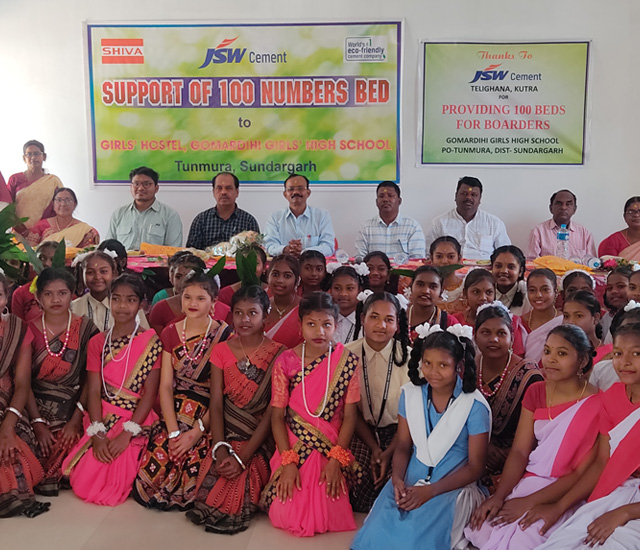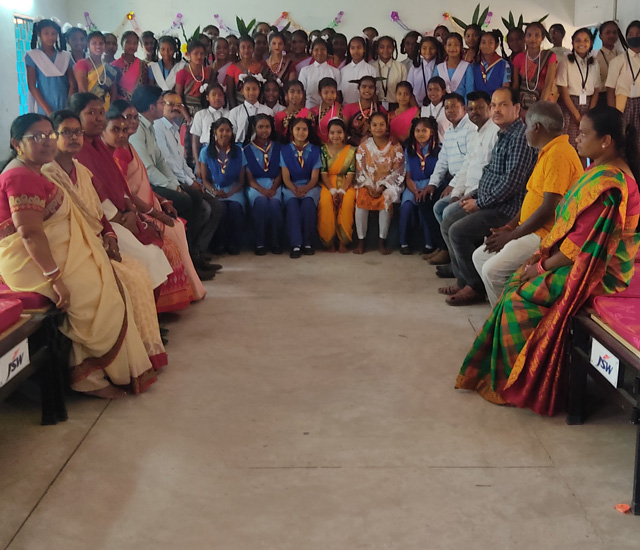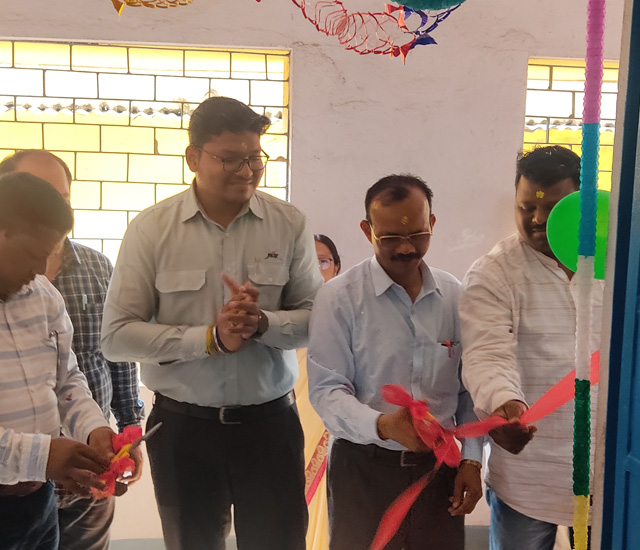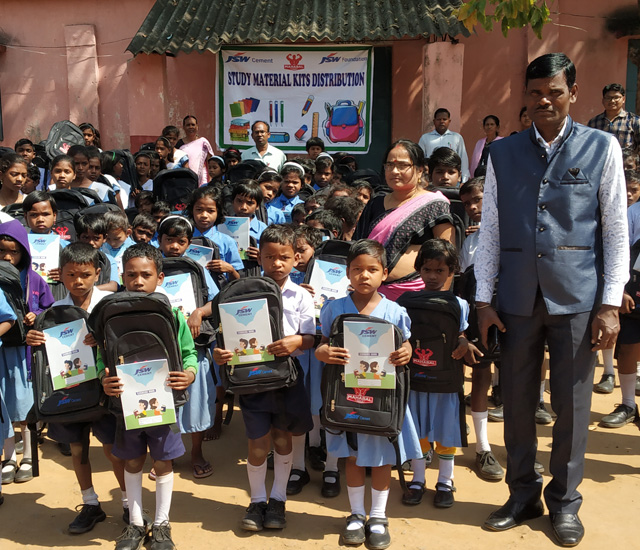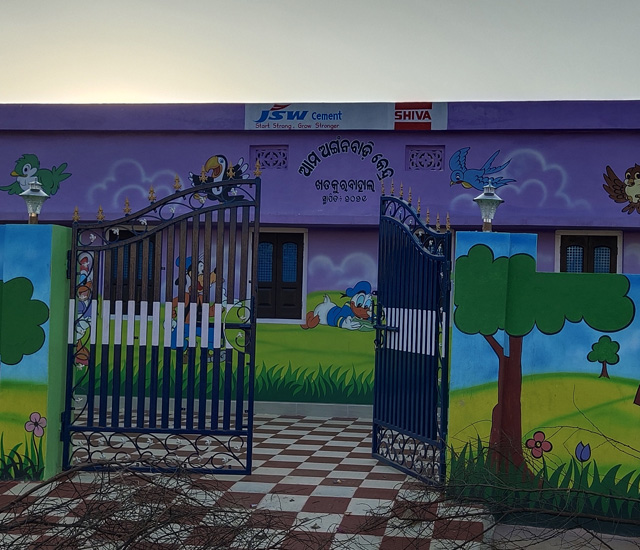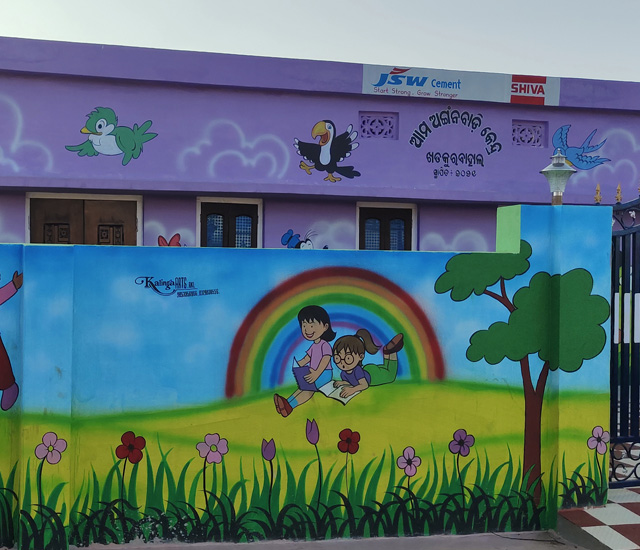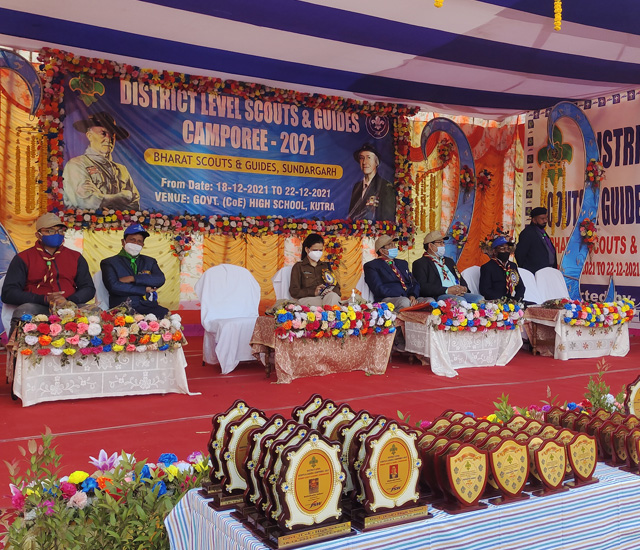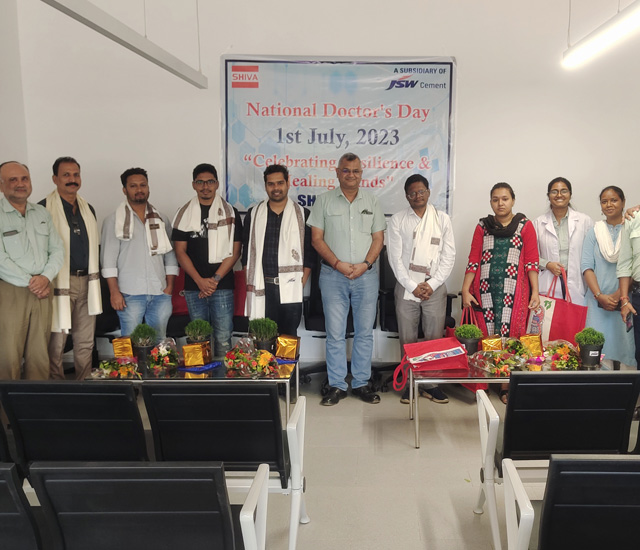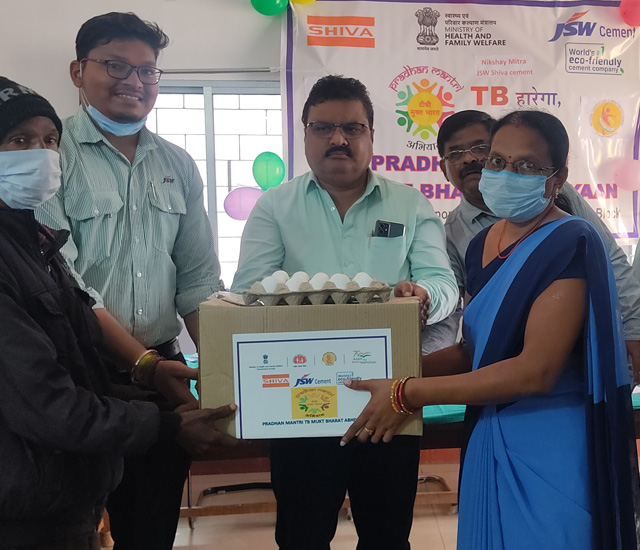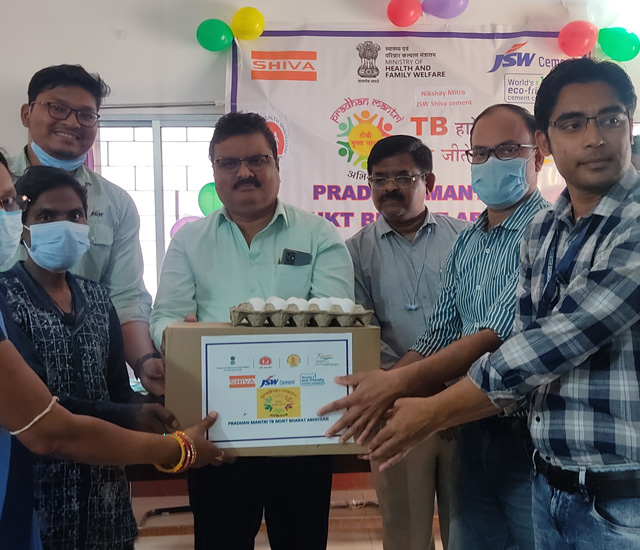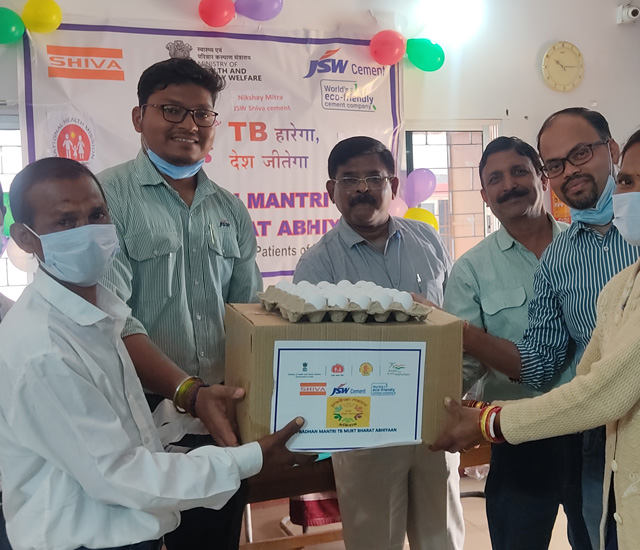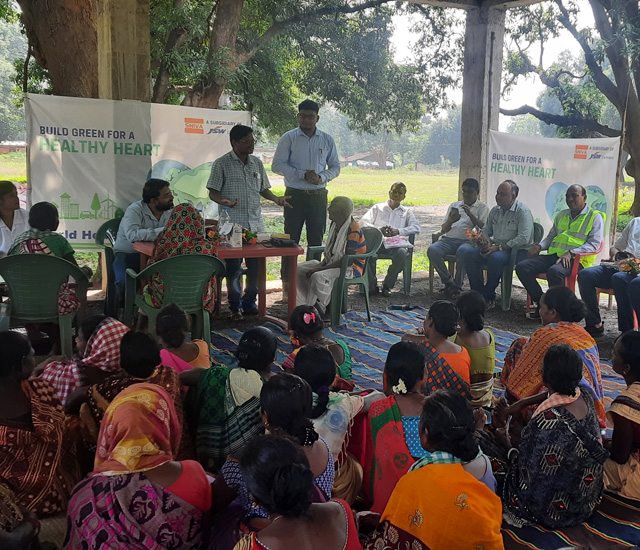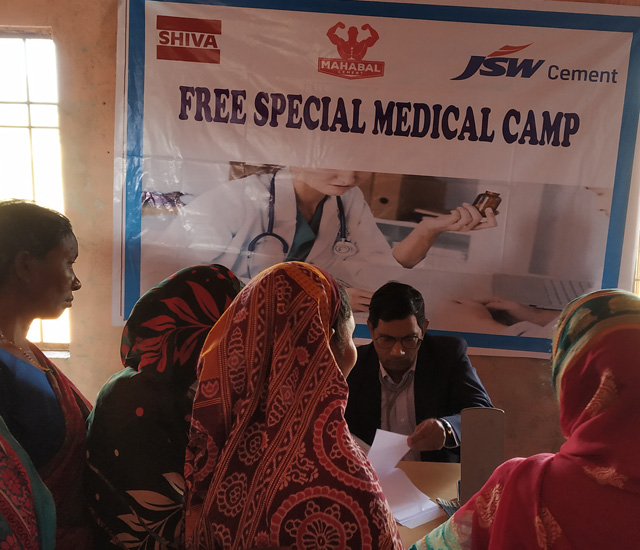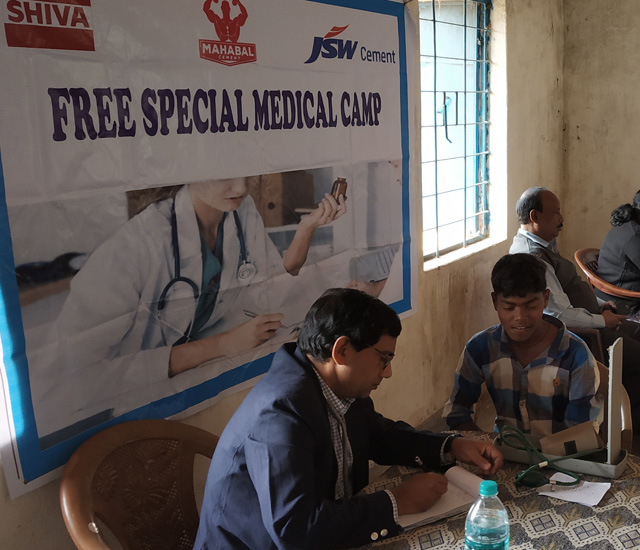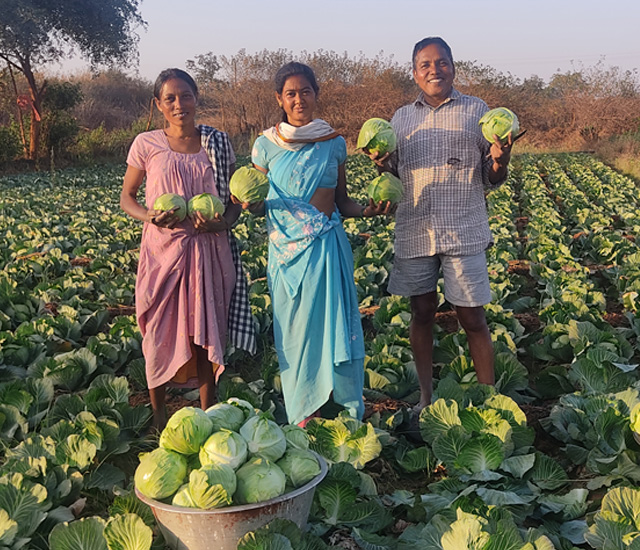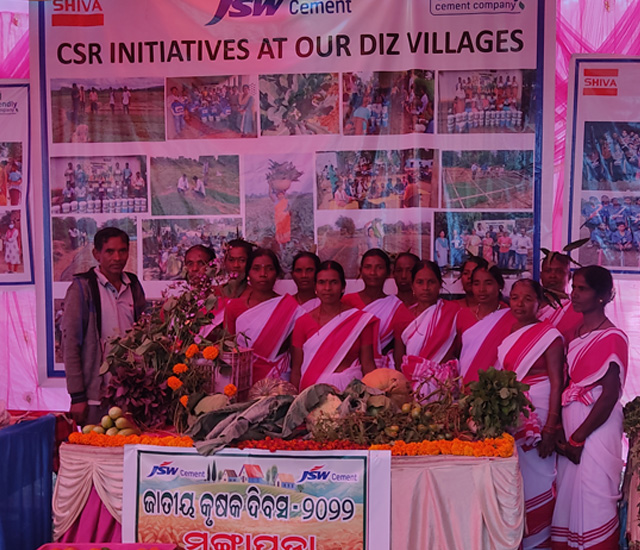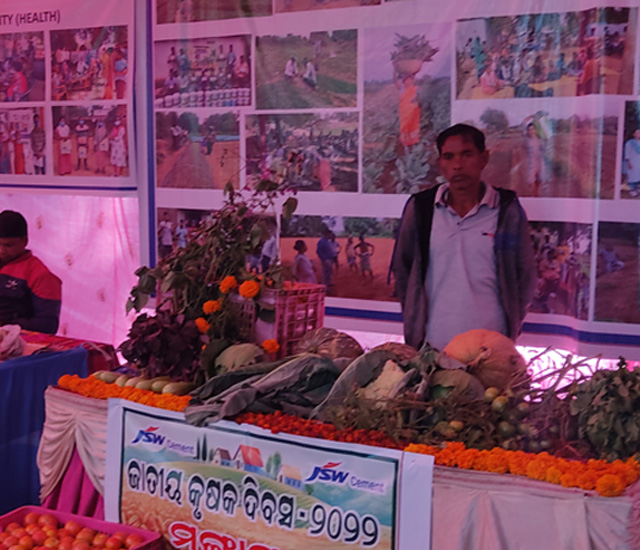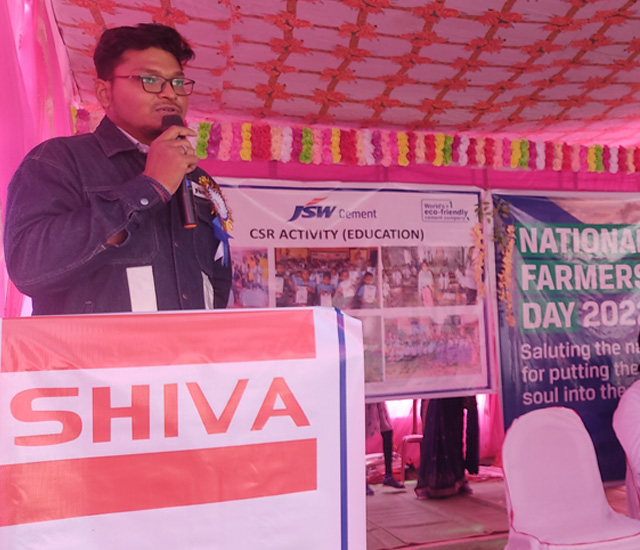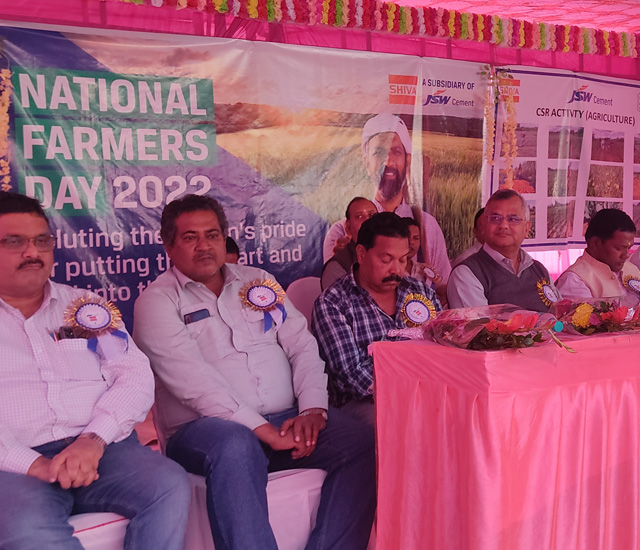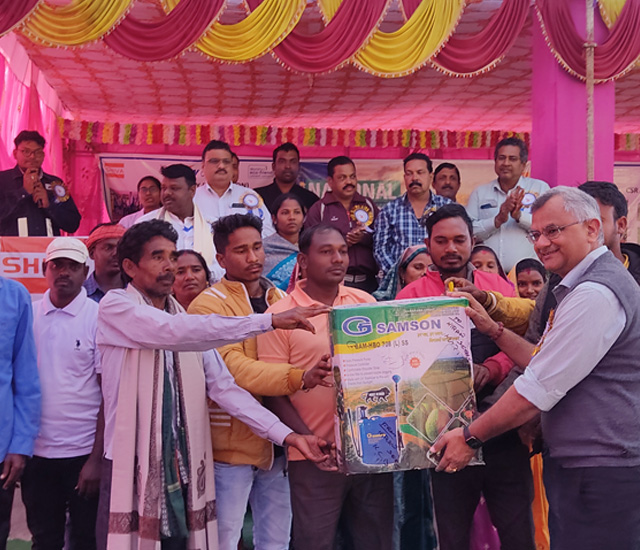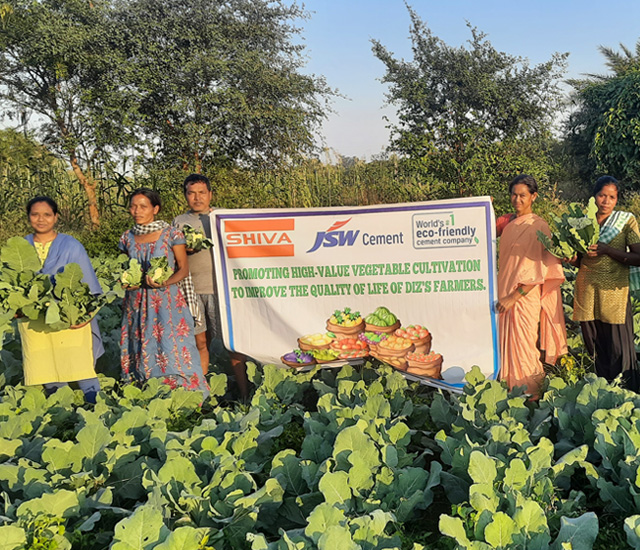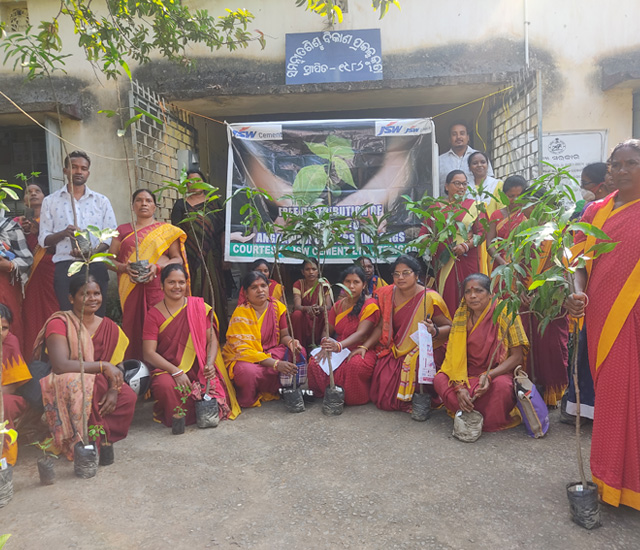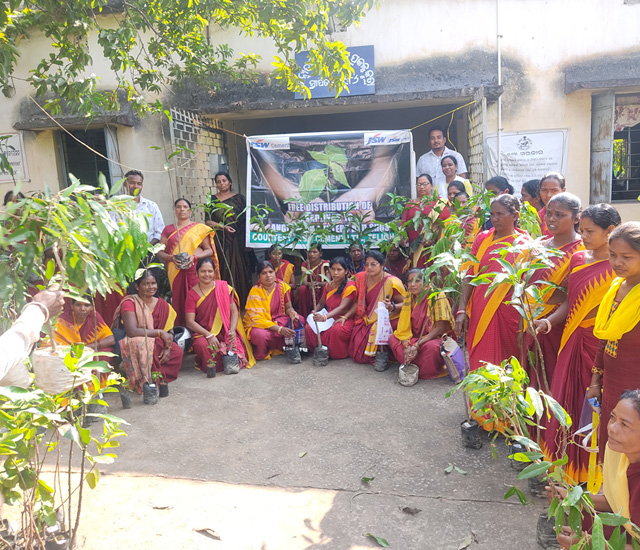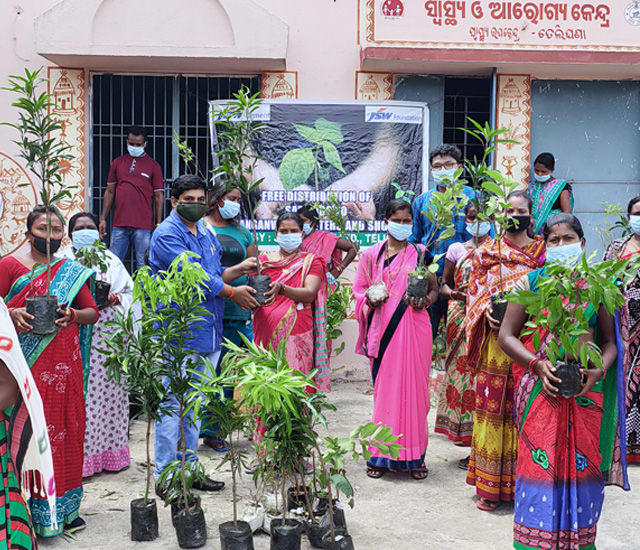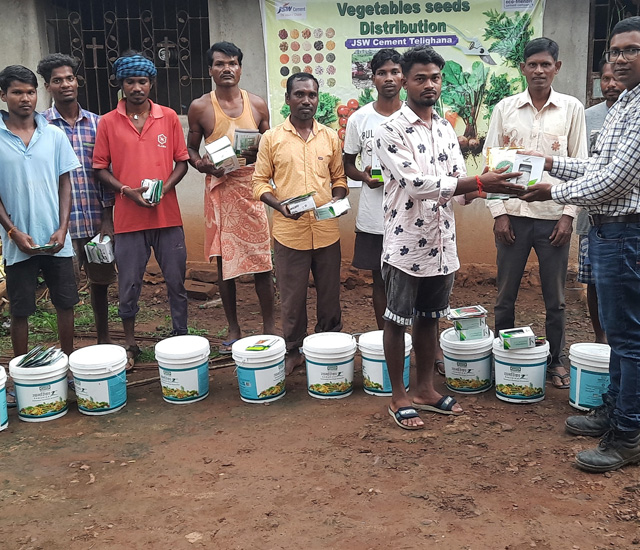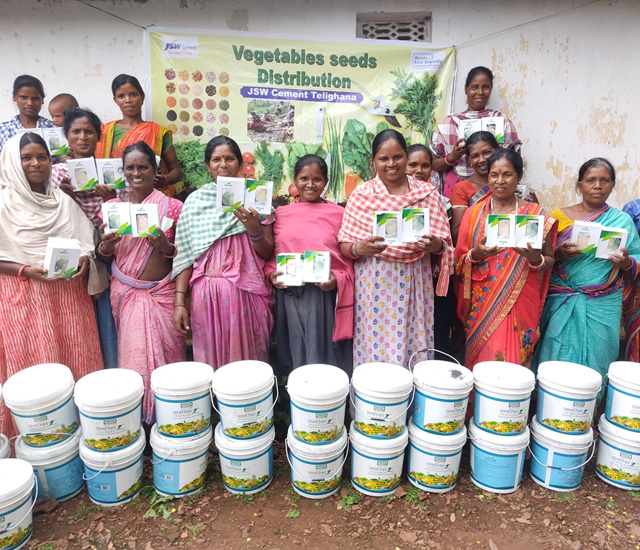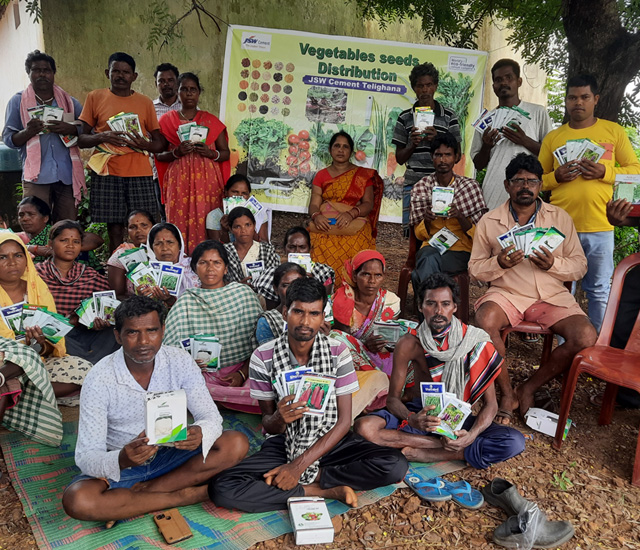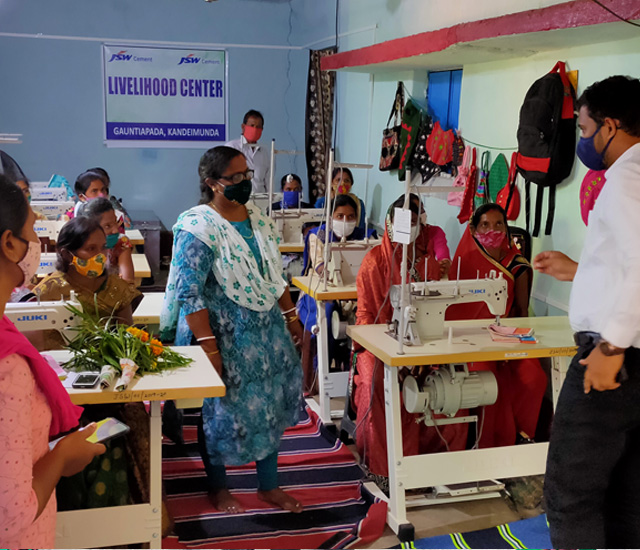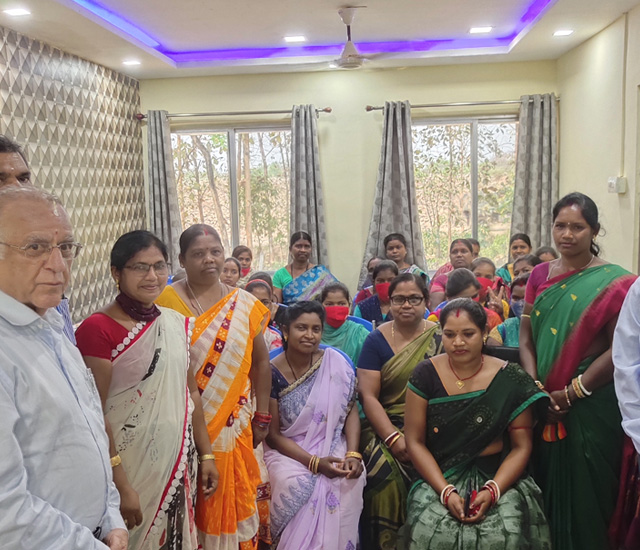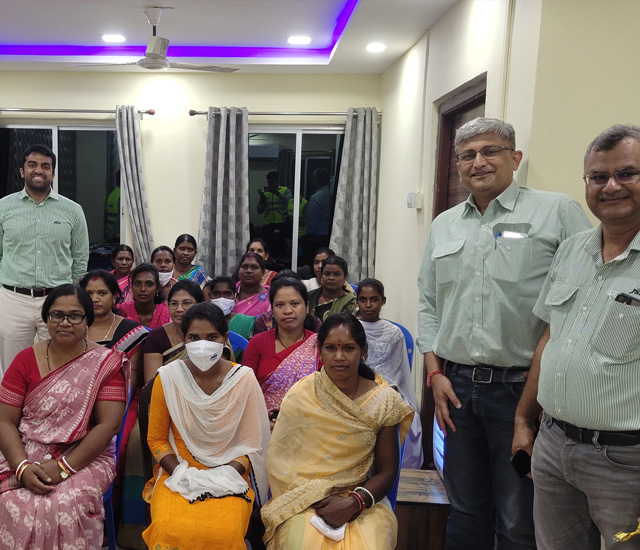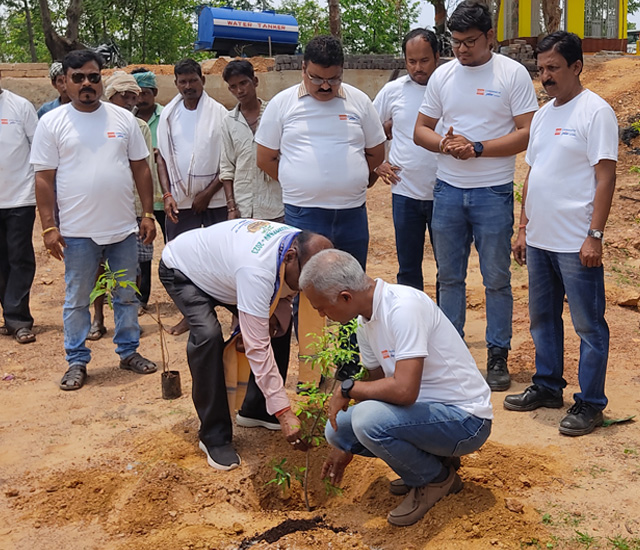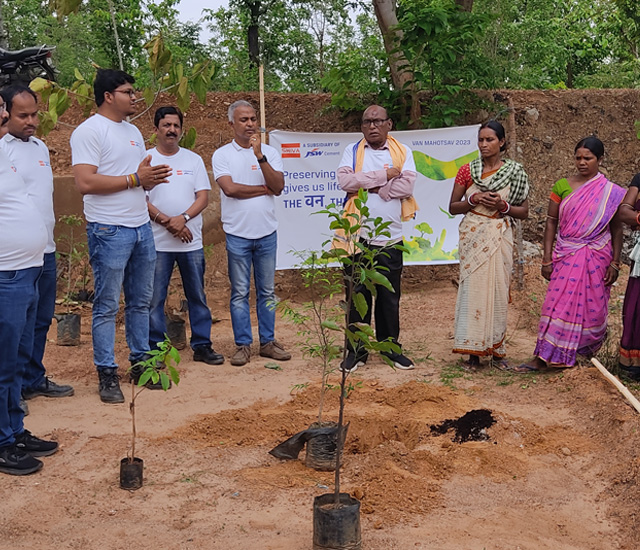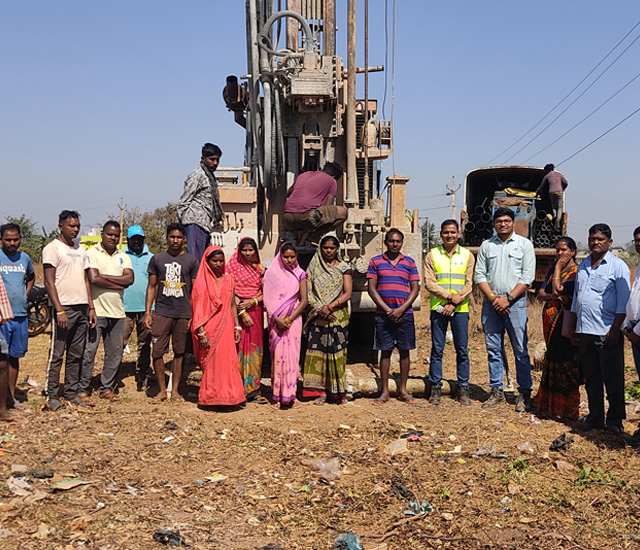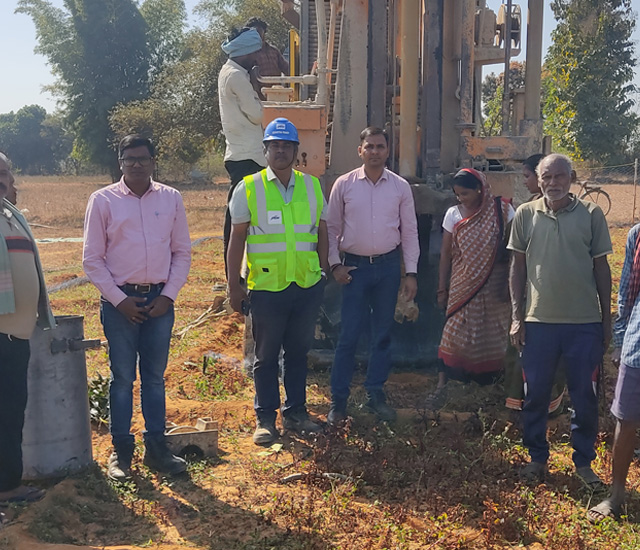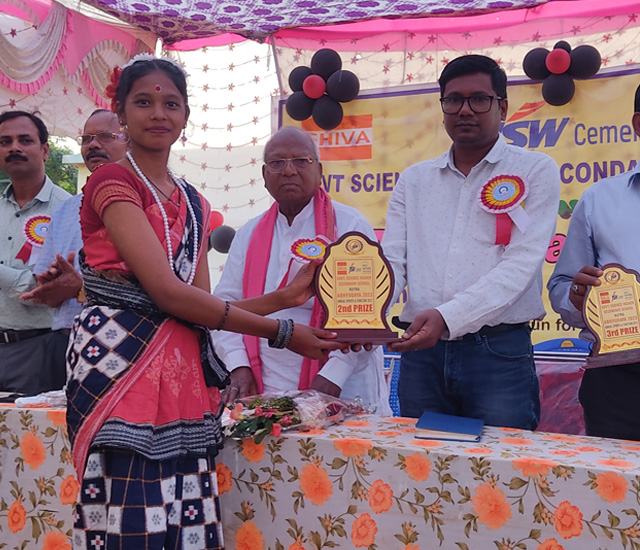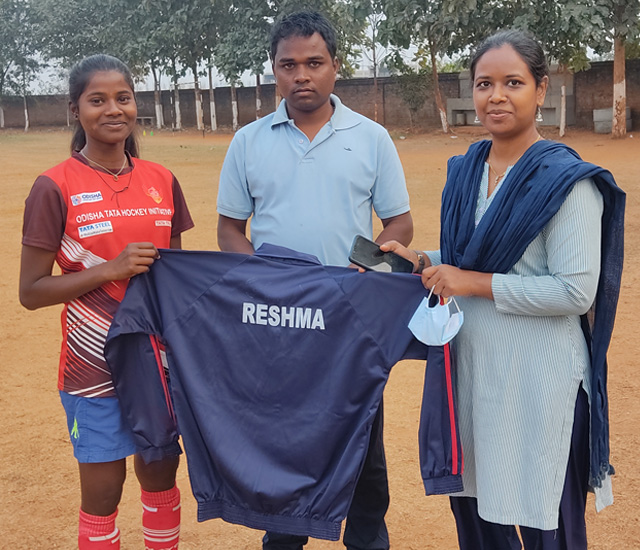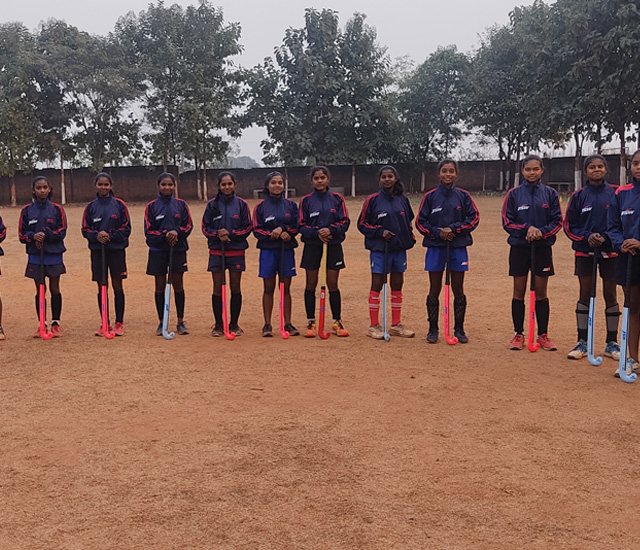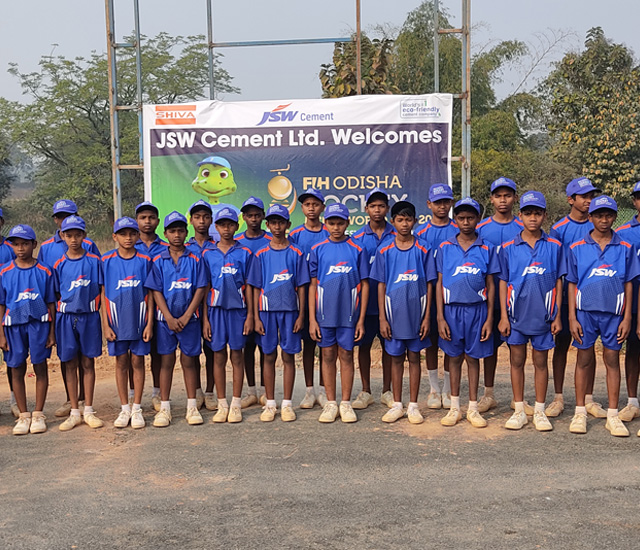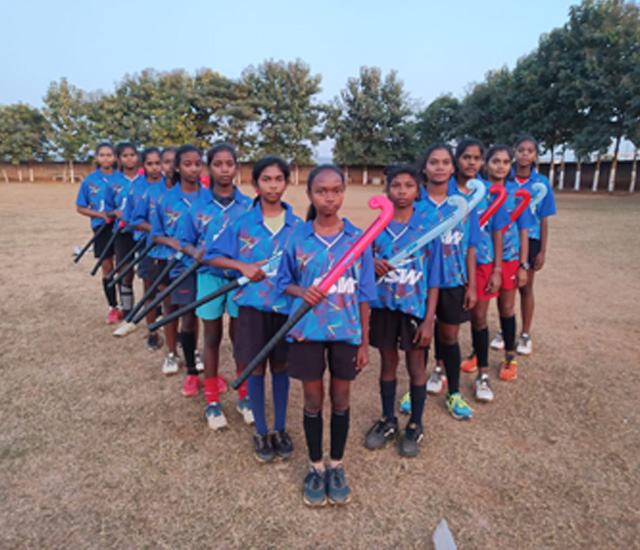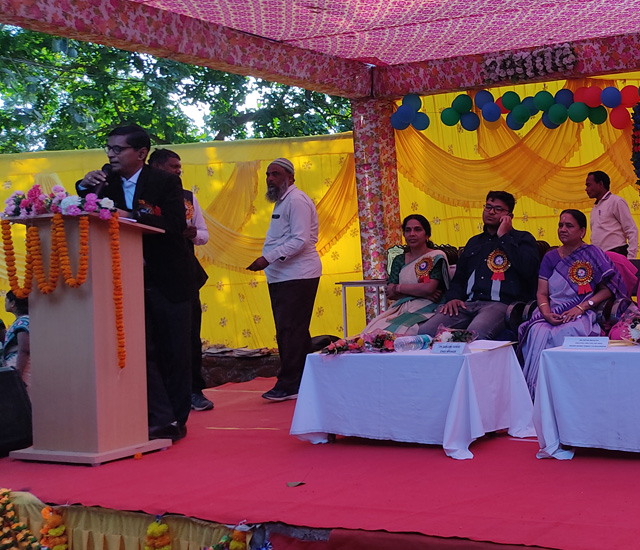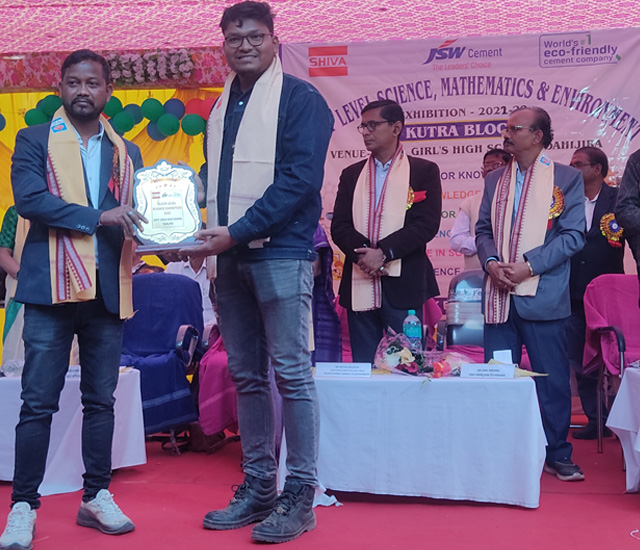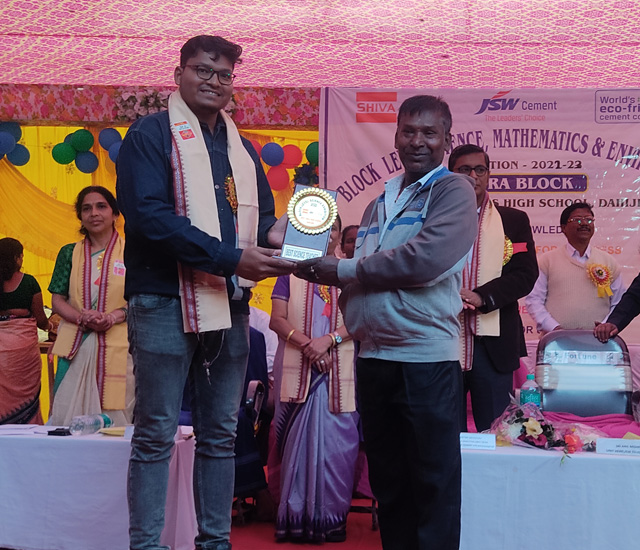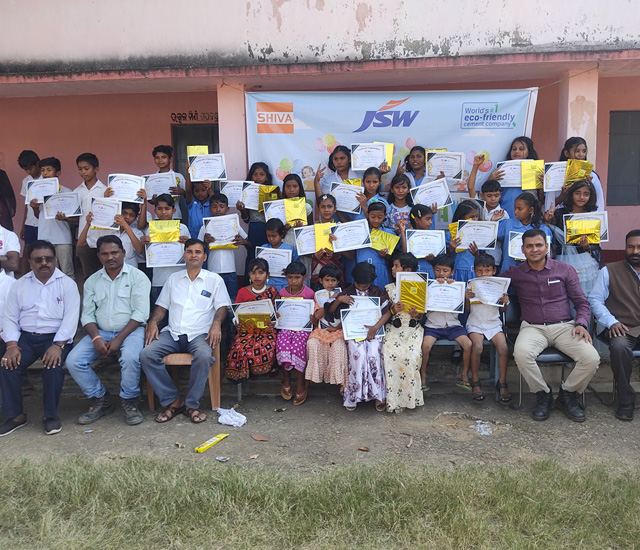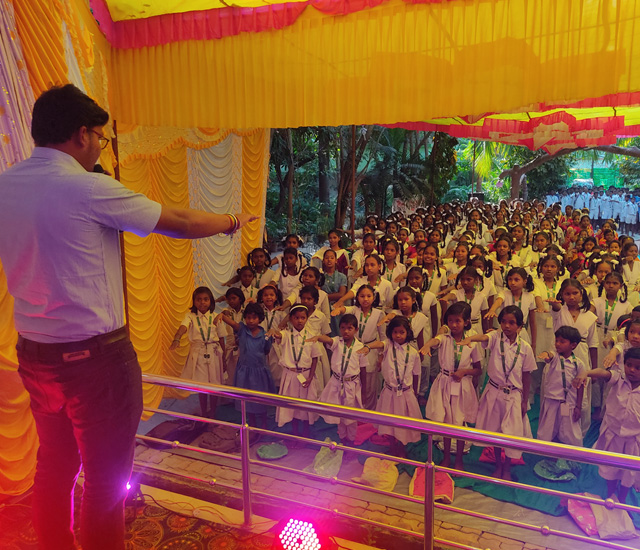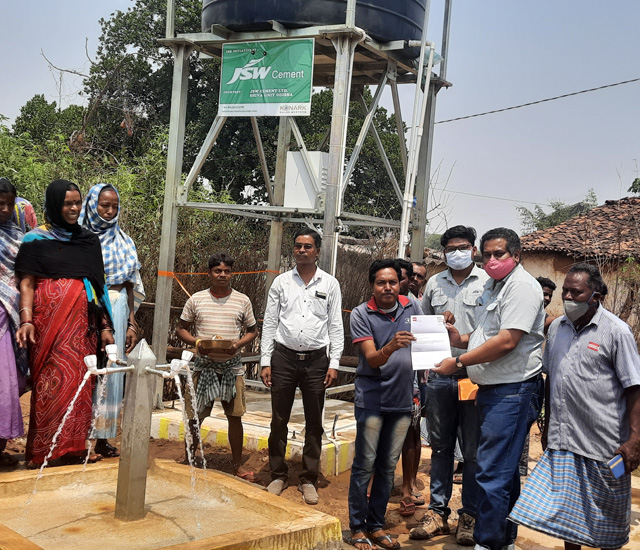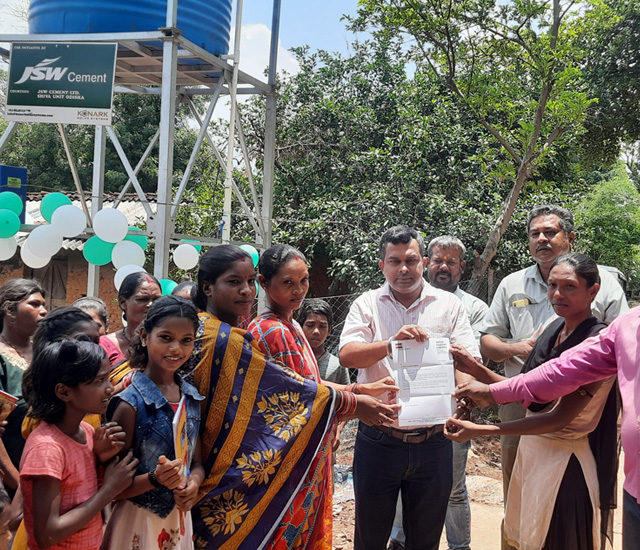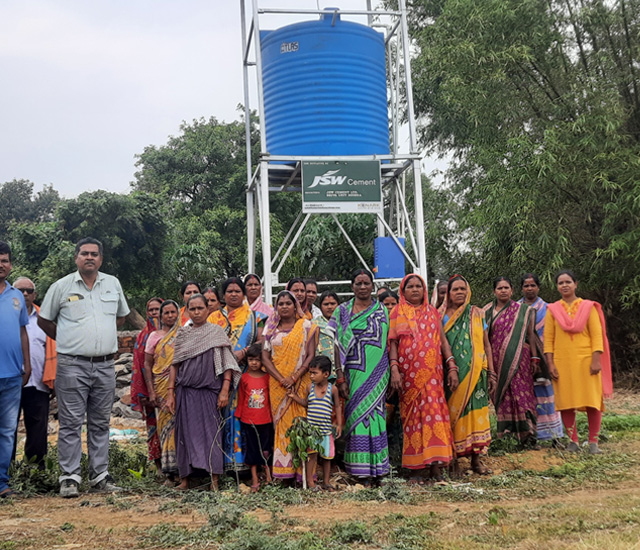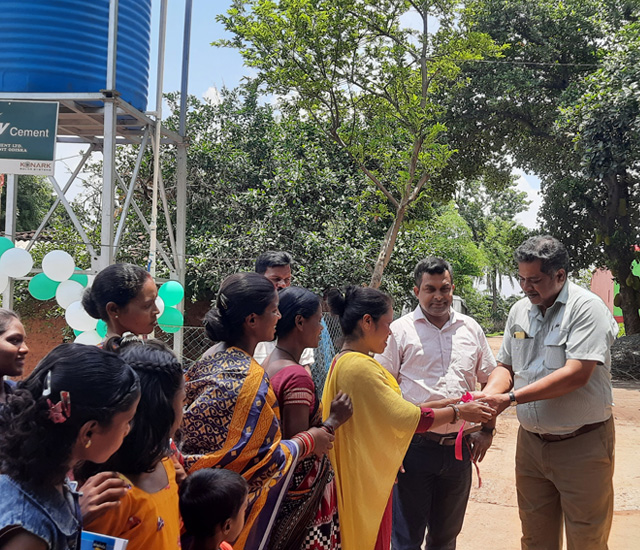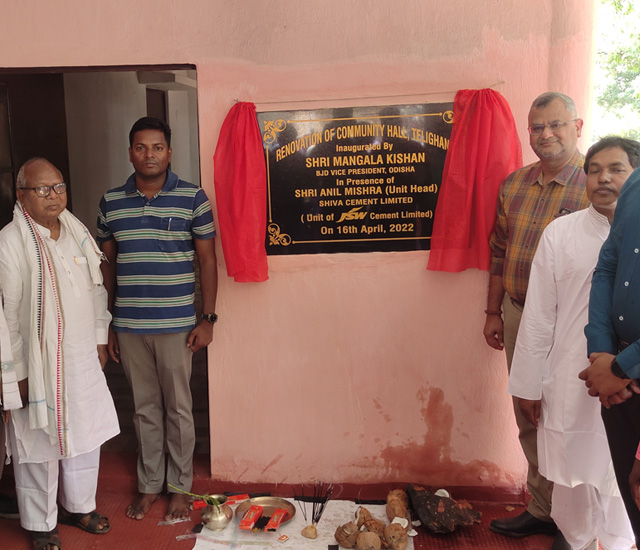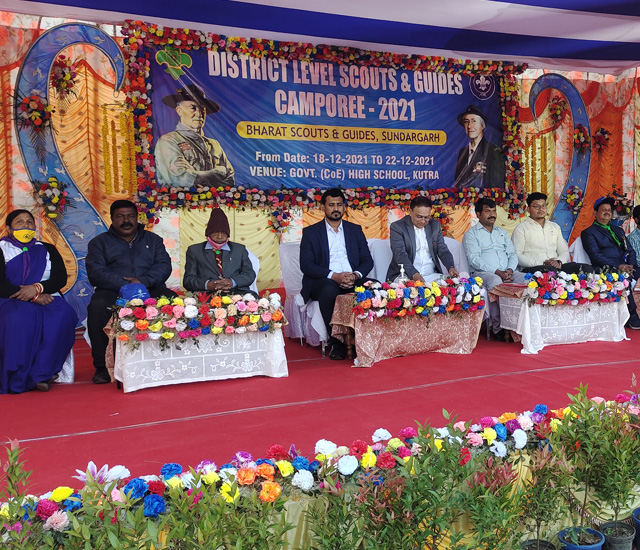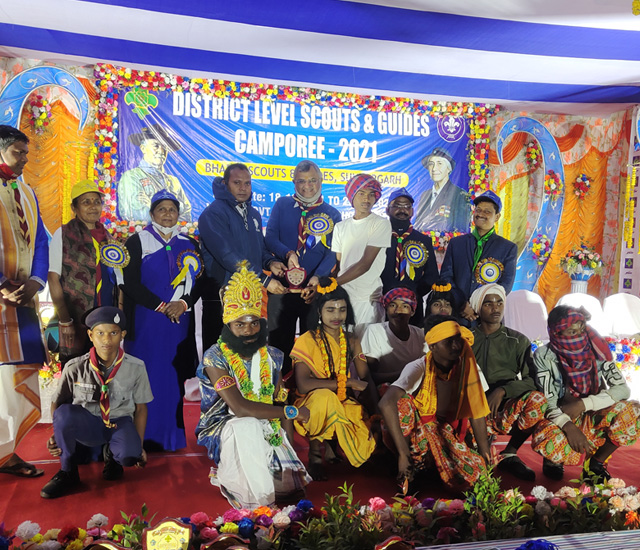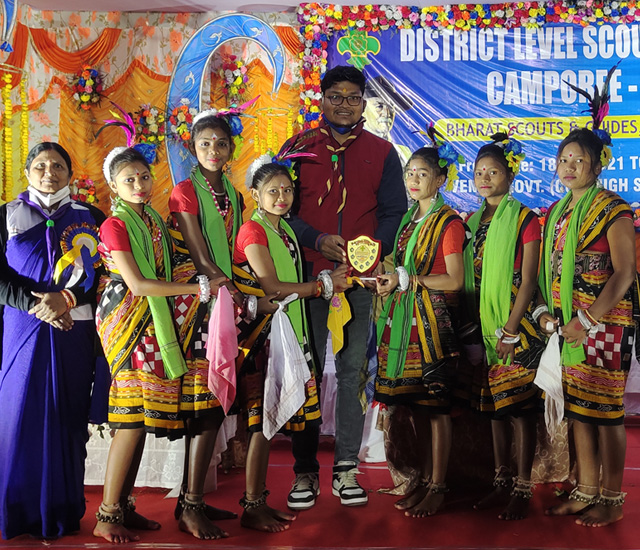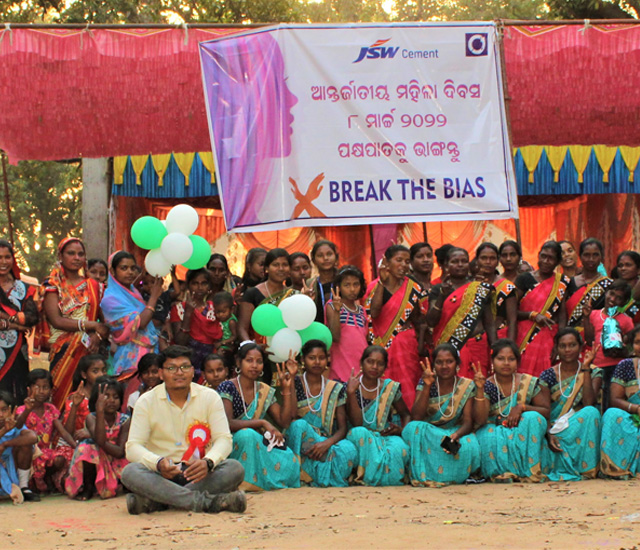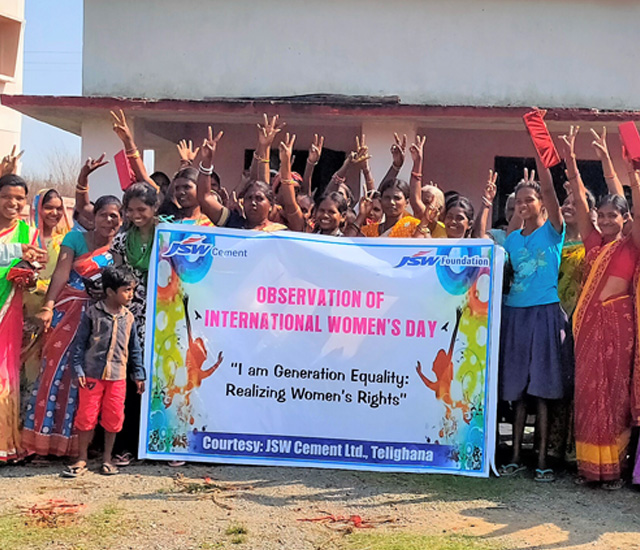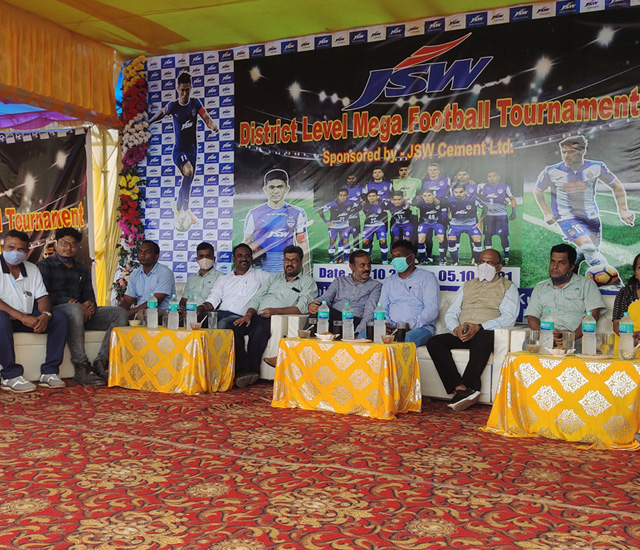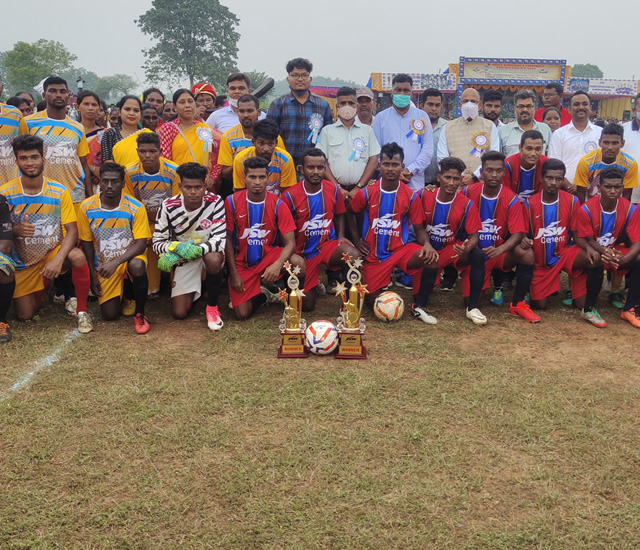CSR Activities
Committed to care
Aiding positive transformation among the
communities we engage with.
CSR Initiatives
We have identified certain focus areas and have undertaken strategically devised initiatives to ensure we are able to create maximum impact on the communities that we engage with.
Education
We believe that education is one of the most important pillars for empowering our country. In line with this, we are working towards developing proper infrastructure for education of children, especially in villages and have undertaken a multitude of initiatives in this regard. We have developed kitchen gardens for 27 Anganwadi children and installed water purifiers and freezers in a junior college. In addition to this, to aid the holistic development of children, we also undertook various initiatives to organise mass plantation drives in four schools and other district-level scouts and camporees. Through our concerted efforts, we have been able to ensure that there were zero dropouts in and around the areas where we focused our CSR efforts.
Health
For most people residing in rural areas, availability and awareness about healthcare are not predominant occurrences. For years, we have placed focus on ensuring that we are able to provide these communities with basic healthcare amenities. Our efforts towards healthcare amplified significantly due to the advent of the Covid-19 pandemic. We launched a dedicated Covid-19 initiative, ‘War on Covid’, under which we have organised COVID screening camps in two villages and screened over 1,773 people. We also conducted regular sanitisation drives covering 12 villages, established blood donation camps in Telighana and Kutra, collected 57 units of blood, and organised about seven health camps in DIZs villages, alongside treating 474 patients. In addition to these, we continued to support NTPC hospital with all their requirements like oxygen supplies and installed advanced laboratory equipment at CHC, Kutra. We realised the importance of spreading awareness among the communities regarding Covid-19 and its preventive measures and conducted 14 awareness camps on Covid-19 prevention and vaccination. The pandemic ravaged the livelihoods of several individuals, especially the daily wage workers and self-dependent. During this period, we supported widows, the physically disabled, and destitute women by providing them with rations. We also helped our frontline workers by distributing masks, soaps, and sanitisers and tried to contribute in every way we could.
Sustainable livelihoods
The lack of sufficient livelihood opportunities has been a major hindrance for marginalised communities over the years. Fully aware of this crucial aspect, we place great focus on uplifting weaker sections by providing them with livelihood opportunities and are committed to helping communities and women become self-sufficient. We are focused on creating employability opportunities for marginalised communities, with a special focus on women. In order to make women self-sufficient, we organise several capacity-building training sessions for women across a wide range of activities, including tailoring training, papad making, mushroom cultivation, fishery training, and handholding support. In addition to this, we also organised an International Women’s Day programme.
Rural Development
At Shiva Cement, we believe that it is essential to have the proper infrastructure in place in order for the marginalised communities to prosper. In line with this, we developed infrastructure in the DIZs and promoted sports and mass plantation drives on a large scale. We renovated two community halls and constructed a new one, along with the installation of 70 solar streetlights to properly illuminate nine villages and five solar water structures in five villages. In addition, we focused on bridging the gap between community and government schemes to help communities become more independent. Through the JSW- Haqdarshak project, we collected relevant documents from villagers through door-to-door visits. We also worked towards adding nutritional value to mid-day meals for Anganwadi students and developed nutria gardens for 25 Anganwadi children. To ensure overall holistic development, we also organised an inter-district football championship at Kutra and an inter-village Hockey championship for girls aged under 16.
